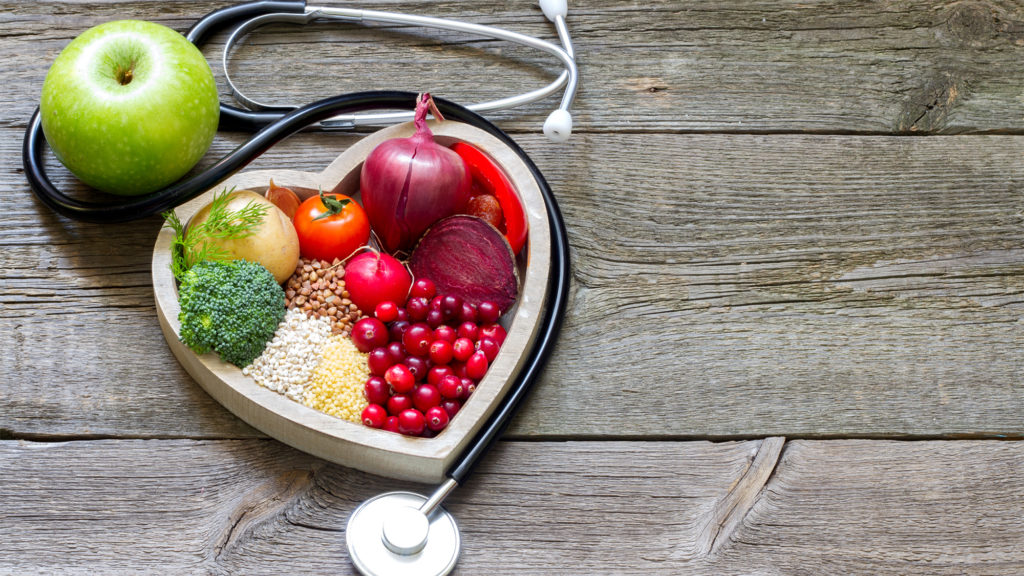High Blood Pressure
According to the American Heart Association, “the primary way that high blood pressure causes harm is by increasing the workload of the heart and blood vessels — making them work harder and less efficiently.”
Over time, the walls of blood vessels weaken and plaque forms from LDL or bad cholesterol. The more plaque, the more damage, the smaller the insides of your arteries get, resulting in higher blood pressure. High blood pressure can lead to arrhythmia, heart attack and stroke.


Sometimes, even after lifestyle changes, your blood pressure does not improve. You need medications to treat your hypertension. Sometimes there are other underlying causes to your high blood pressure. You need someone monitoring of your medications and making sure they are working, obtaining healthy results. If your blood pressure is still not within normal limits it could mean you have resistant hypertension.
Resistant hypertension may have one or more other underlying medical conditions. In addition to treating resistant hypertension with medications, doctors typically investigate secondary causes (contributing factors), such as:
- Abnormalities in the hormones that control blood pressure.
- The accumulation of artery-clogging plaque in blood vessels that nourish the kidneys, a condition called renal artery stenosis.
- Sleep problems, such as the breath-holding type of snoring known as obstructive sleep apnea.
- Obesity or heavy intake of alcohol or other substances that can interfere with blood pressure.


